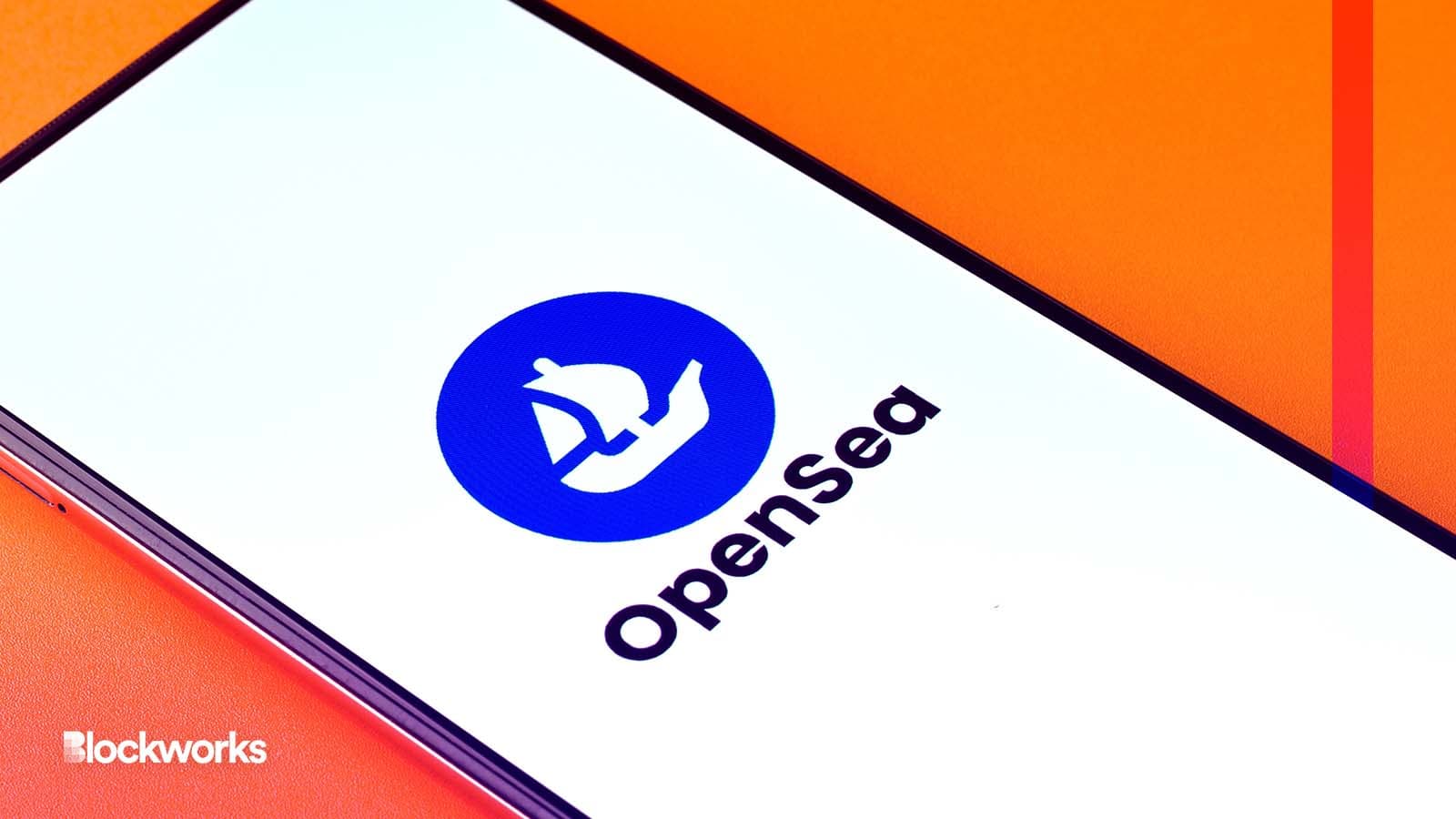Cuban NFT Artists Encounter Restriction of Web3 Freedom
Over 30 artists and collectors have been banned from popular NFT marketplace OpenSea

sdx15/Shutterstock.com modified by Blockworks
NFT marketplace OpenSea has been delisting the accounts of NFT artists located in Cuba and other countries facing US sanctions for the past few months.
OpenSea claimed the reason was “due to activity that goes against our Terms of Service,” in an email written to accounts such as NFTcuba.art on Twitter.
Its terms of service state that use of OpenSea is prohibited for persons “located in, ordinarily resident in, or organized under the laws of, any Embargoed Jurisdiction” or “subject to any sanctions administered by an agency of the U.S. Government.”
Some of those sanctioned countries include Syria, Iran, Venezuela and the Republic of Cuba — an island that the United States has maintained a trade embargo with since the 1960s. However, despite OpenSea operating since 2017, it didn’t target Cuban-based accounts until recently.
OpenSea’s recent moves may be part of recent policy changes to make its verification processes more stringent. The result is a string of delistings of smaller creators with little to no clear explanations.
“We comply with US sanctions law,” an OpenSea spokesperson told Blockworks via email.
When asked why OpenSea seemed to be backtracking on their support of Cuban artists, the spokesperson added, “We continue to holistically evaluate what other measures need to be taken to serve our community and comply with applicable law.”
Artnet has reported that more than 30 artists and collectors have been banned on OpenSea so far. Some of those now-banned artists had even participated in OpenSea’s second-ever Twitter Spaces in 2021, according to the artist David Ollua.
Another smaller NFT marketplace called KnownOrigin has followed OpenSea in geoblocking Cuba-based accounts.
MetaMask’s similar moves
Ollua’s OpenSea account was suspended back in August, deleting four of his collections. In December, he received an error message when he tried to send one of his NFTs to a customer via the ConsenSys-backed crypto wallet MetaMask. “This is by far no web 3,” he tweeted.
It appeared that not only did OpenSea block access for Cubans in December, but so did MetaMask’s default settings.
In the comments of Ollua’s tweet, he said that he found a workaround for the Ethereum Main Network restriction by switching the default Remote Procedure Call (RPC) node in MetaMask to a custom node, bypassing the default provided by Infura.
A similar issue occurred earlier this year when MetaMask users in Venezuela reported trouble connecting to Ethereum decentralized apps using Metamask. They speculated that it was due to the US sanctions on the country, although at the time, MetaMask and Infura tweeted that there had been an incorrect configuration that led to the problem, which was swiftly corrected.
MetaMask did not immediately return Blockworks’ request for comment on whether the incidents are related.
This raises concerns as to how decentralized marketplaces like OpenSea or wallets like MetaMask truly are if users may lose access unexpectedly at any given time.
Generative NFT artist Ivona Tau, who mainly sells her work on the Tezos-supported NFT marketplace fxhash, said the situation “saddens” her. She posits that the bright side would be “if tomorrow an alternative platform emerged that would be fairer for artists, it would be possible for everyone to switch to that — this is the power of Web3.”
“The blockchain is not owned by these platforms and we don’t have to use them. There are alternatives,” Tau added.
Get the news in your inbox. Explore Blockworks newsletters:
- The Breakdown: Decoding crypto and the markets. Daily.
- 0xResearch: Alpha in your inbox. Think like an analyst.






